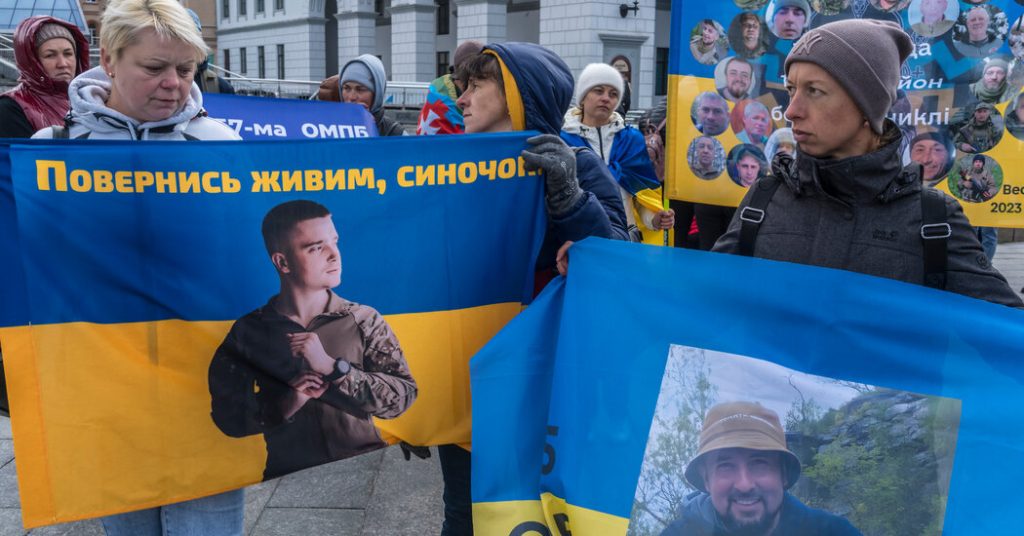Former Ukrainian marine infantryman Smiley endured nine months of physical and psychological torture as a Russian prisoner of war, returning to duty after only three months of rest and rehabilitation. However, it was during intensive combat training that his injuries, both physical and psychological, began to surface. Diagnosed with post-traumatic stress disorder, Smiley is still receiving treatment. Nearly 3,000 Ukrainian prisoners of war have been released from Russia since the 2022 invasion began, with over 10,000 still in Russian custody, some enduring horrific conditions that have lasting effects as the war continues.
Ukraine is just starting to understand the lasting effects of the trauma its prisoners of war experienced in Russian captivity. The government’s rehabilitation program, involving two months in a sanitarium and a month at home, has been deemed inadequate by critics. The abuse suffered by Ukrainian prisoners is growing as the severity of their experiences in captivity increases. Reports from former inmates detail relentless beatings, electric shocks, rape, sexual violence, and mock executions, with some experiencing lingering symptoms such as blackouts and fainting spells.
The Ukrainian military has been criticized for failing to properly treat and rehabilitate former prisoners of war before returning them to duty. Ukrainian officials acknowledge the need for more comprehensive care, leading to the development of special centers using best practices. A law passed this month allows former prisoners of war to choose between returning to service or being discharged from the military, recognizing the need for prolonged rehabilitation due to severe mental and physical torture.
Former prisoners have been encouraged to speak out by Ukrainian prosecutors, who are building a case against Russian individuals and officials for mistreatment of prisoners. One such former prisoner, Smiley, who was captured at the beginning of the war on Snake Island in the Black Sea, hopes that sharing his story will aid in the treatment of other prisoners still in captivity. Another serviceman, who was taken prisoner at the Azovstal Iron and Steel Works in Mariupol, describes brutal daily beatings, mental and physical torture, and lack of medical care during his nine months in Russian captivity.
The experiences shared by former prisoners detail the extreme violence and abuse suffered in Russian custody, including beatings on the head, mental torture during interrogations, hunger, and cold. Some prisoners reported victims dying in custody, with one former prisoner highlighting the rampant sexual violence and torture. Triggered by everyday situations following their release, former prisoners struggle to readjust to civilian life, finding solace and understanding among fellow survivors who truly comprehend their experiences.
Despite the challenges they face, former prisoners remain resilient and proud of surviving their ordeals. Many find it easier to return to the front line than to readjust to civilian life, as only fellow survivors truly understand what they have been through. Government psychologists and civilians often struggle to provide adequate support, leading former prisoners to rely on each other for understanding and empathy. Organizations like YOUkraine provide a safe space for former prisoners to connect and support one another as they navigate the challenges of returning to society after enduring severe mistreatment in Russian captivity.


